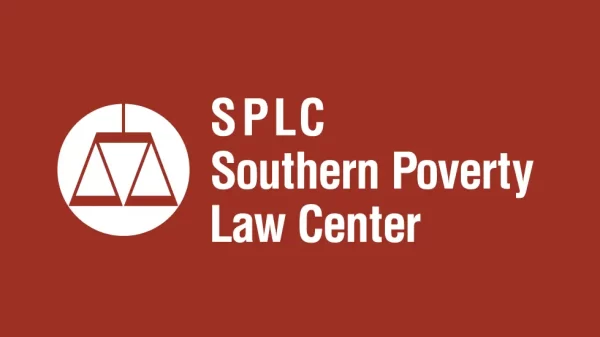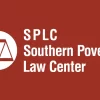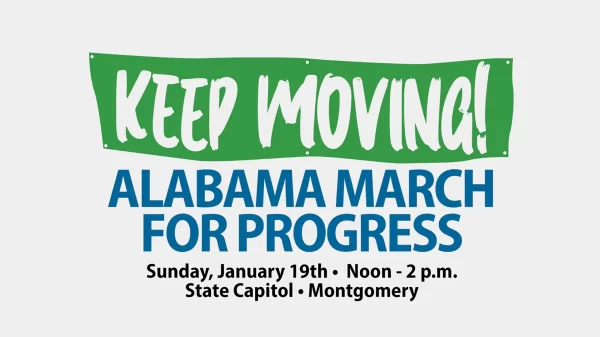By Brandon Moseley
Alabama Political Reporter
Friday, federal district judge Keith Watkins court in Alabama issued a preliminary injunction in favor of Alabama Supreme Court Justice Tom Parker.
This injunction grants all Alabama judges the freedom to publicly comment on cases pending outside of Alabama, and judges may also comment on a pending case in Alabama if their comments cannot reasonably be considered to influence the outcome.
Previous to this injunction, all Alabama judges were prevented from commenting publicly on any cases anywhere in the United States by Alabama state Judicial Canon 3A(6).
The court ruled there is “a likelihood that Canon 3A(6) is overbroad when it touches speech about issues, particularly when such speech concerns pending or impending proceedings outside the Alabama system, or where the comments could have no impact on the outcome or fairness of a proceeding.”
The Court found that Justice Parker has shown a substantial likelihood of success on the merits that Canon 3A(6) is likely unconstitutional because it is too broad. It stated, “a judicial candidate’s view of issues, especially local and domestic ones, is of immense interest to an electorate choosing which judicial candidate to support. Yet when Alabama prohibits judicial candidates from speaking about them simply because they happen to arise in the context of a proceeding somewhere, the state has shirked its responsibility of narrowly tailoring its speech restrictions.”
Judicial standards similar to Alabama’s canon were abandoned years ago by the American Bar Association. Alabama’s canon of judicial ethics was written back in 1972.
Parker’s defense said that this speech restriction is so broad it would have prohibited a sitting judge who teaches or speaks to law students in a law school classroom from commenting on any pending case anywhere in the country.
“Justice Tom Parker was investigated by the Judicial Inquiry Commission for comments he gave on a radio talk show on October 6, 2015, as part of his reelection campaign for the Alabama Supreme Court. The topic of discussion was the relationship between federal and state courts, especially as it pertained to the U.S. Supreme Court’s decision in Obergefell v. Hodges, 135 S. Ct. 2584 (2015). That decision, which struck down as unconstitutional state laws that excluded homosexual relationships from recognition of marriage, was issued on June 26, 2015.
During the same period the U.S. Supreme Court was grappling with questions of marriage, so, too, was the Alabama Supreme Court, on which Justice Parker served,” Judge Watkins wrote.
Because the Southern Poverty Law Center did not like Justice Parker’s opinion, they lodged an ethics complaint against Justice Parker with the Judicial Inquiry Commission (JIC) that then launched a year and a half long investigation of the sitting Alabama Supreme Court Justice.
Parker filed suit against the JIC, as a preemptive measure. The district court first dismissed Justice Parker’s lawsuit because the JIC’s investigation was still pending and the federal court abstained from the matter. However, while the appeal of that case was pending, the JIC dismissed the SPLC’s complaint. The Court of Appeals unanimously agreed to Justice Parker’s request for the lower court to rule on the lawsuit against the canon because of its overly broad and unconstitutional restrictions on judicial speech.
Parker is represented by Liberty Counsel.
“This is an important victory for free speech for not just Justice Tom Parker but for all judges,” Founder and Chairman of Liberty Counsel Mat Staver said. “This is also a victory for the public because they have a right hear what judges want to say about the law, especially during elections. It was unreasonable to gag every judge in Alabama from talking about current issues. Every judge who teaches law school students would be silenced by this broad restriction on speech. Now, they are free to speak and teach. The muzzle has been removed.”
Parker’s suit against the JIC now goes to trial. Judge Watkins has enjoined the JIC from enforcing canon 3A of the Alabama code of judicial ethics restricting the speech of Alabama judges.
“A judge should abstain from public comment about a pending or impending proceeding in any court, and should require similar abstention on the part of court personnel subject to his direction and control. This subsection does not prohibit judges from making public statements in the course of their official duties or from explaining for public information the procedures of the court.” Ala. Canon of Judicial Ethics 3A(6).
Parker is currently an associate justice of the Alabama Supreme Court and is running for the position of chief justice against appointed Chief Justice Lyn Stuart in the Republican Primary. Former Judge Bob Vance Jr. is running for chief justice as a Democrat.
The major party primary is on June 5, 2018.



















































